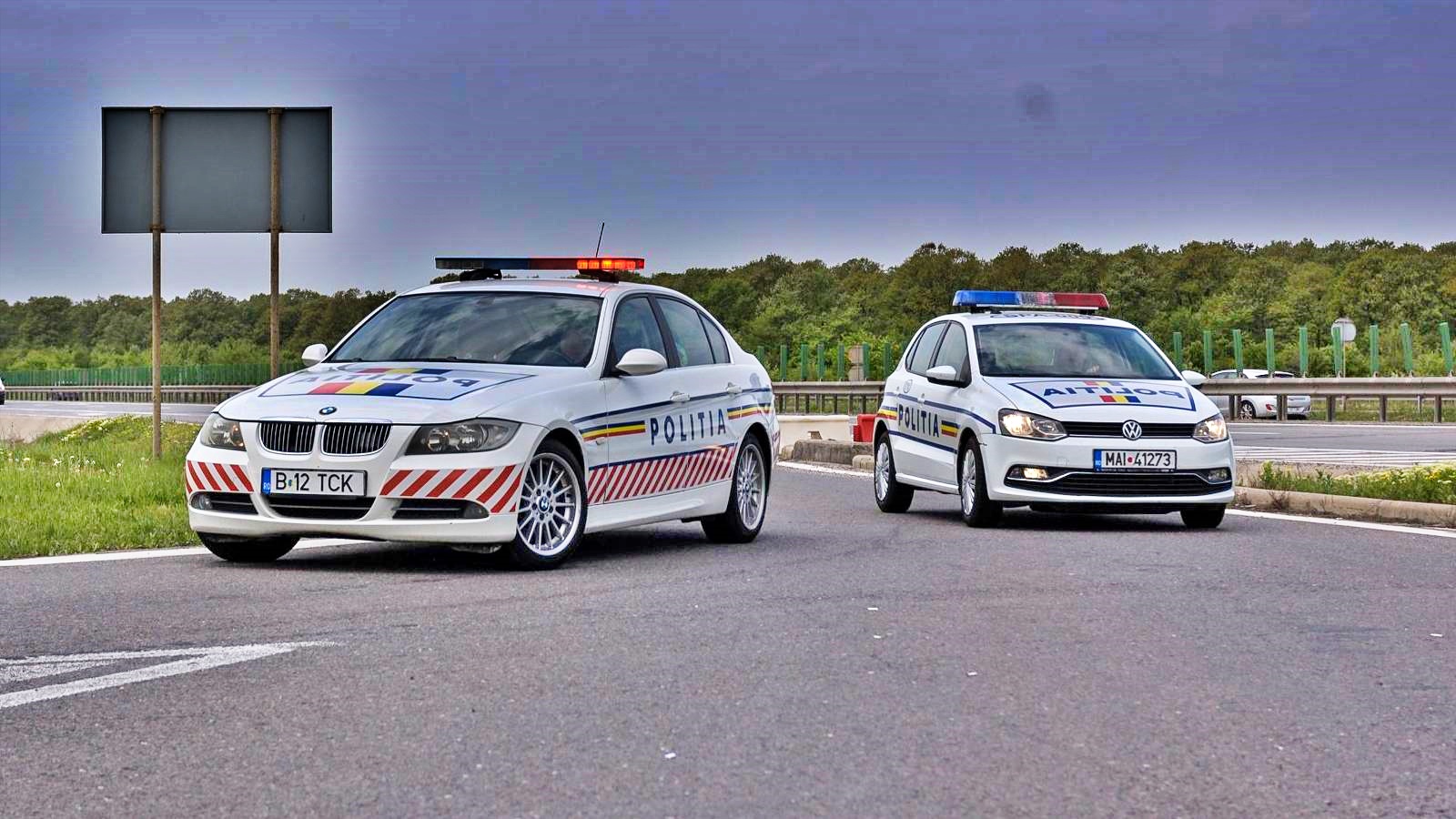Politia Romana le aduce in atentia imediata romanilor pericolele cu care se pot confrunta in fiecare zi pe internet, iar asta pentru ca exista, din pacate, in ultimii ani tot mai multe atacuri cibernetice care afecteaza un numar extrem de mare de oameni.
Anastasia a auzit că astăzi este Ziua Internațională a Siguranței pe Internet și ne-a trimis acest material de conștientizare, cu scopul de a fi share-uit.
Ne-a spus că lucrarea este făcută de ea personal, în stilul manga. Nu putem să spunem că suntem la curent cu acest stil, dar putem să aruncăm un ochi peste și sigur o să fie apreciat în rândul tinerilor.
Internetul ne este prieten, dar nu toată lumea de pe internet ne este prietenă!
Zi frumoasă!
Evită să accesezi link-uri, primite pe mail sau prin alte aplicații de comunicare (SMS, WhatsApp, Telegram etc.), în special din surse necunoscute și nu completa datele tale personale sau bancare pe acestea. Dacă ai suspiciuni cu privire la legitimitatea unei oferte primite, evită să accesezi materialele respective. De cele mai multe ori, este vorba despre oferte false, unele prezentate prea frumos ca să fie adevărate;
Nu da click atunci când ai fost etichetat într-o postare din social media care îți promite câștiguri mari, cu siguranță este vorba despre o înșelătorie;
Fii atent la mesajele care par să vină din partea băncilor! Băncile nu solicită niciodată date confidențiale cum ar fi datele cardurilor, parole de acces, coduri PIN, nici telefonic, nici prin SMS, nici prin e-mail și nici prin completarea acestora pe website;
Citește cu atenție înainte de a deschide orice mesaj sau un fișier de la banca ta sau alte persoane/instituții și, dacă ai suspiciuni, contactează banca pentru verificare, pe alt canal decât
Cel prin care ai primit mesajul. Mesajele false conțin, de multe ori, formule de adresare impersonale, greșeli gramaticale sau de exprimare. Ca regulă, nu efectua transferuri și nu procesa operațiuni doar în baza unui e-mail sau a unei solicitări telefonice urgente, fără a face o verificare a autenticității mesajului;
Nu furniza niciodată altor persoane datele de utilizare ale contului tău (parola de acces la contul bancar);
Nu dezvălui datele de pe cardul personal: nume, număr, data de expirare, CVV2/CVC, adică numărul de trei cifre de pe spatele cardului și nici PIN-ul. Nu introduce codul PIN pe site-uri de internet şi nu-l divulga telefonic. Site-ul pe care urmează să introduci datele cardului pentru efectuarea unei plăți online trebuie să fie securizat, adică linkul începe cu ,,https”;
Dacă trebuie să primești bani, dă IBAN-ul tău (numărul de cont, format din 24 de caractere, litere și cifre), nu datele de pe card. Solicitarea datelor cardului de către alte persoane este o capcană, deoarece cardul este un instrument de plată și nu un instrument de încasare bani;
Instalează cele mai recente actualizări ale sistemului de operare și un antivirus. Asigură-te că toate dispozitivele pe care le folosești pentru a naviga pe internet funcționează în baza versiunilor actualizate ale sistemelor de operare. De asemenea, protejează-le cu o soluție antivirus eficientă;
Folosește mereu parole cu un nivel de complexitate ridicat. Pentru a vă fi mai simplu să generați o parolă complexă, utilizați un generator de parole. Evită folosirea termenilor uzuali. De asemenea, dezvoltă o rutină personală ce presupune schimbarea periodică a parolelor pentru fiecare din conturile folosite;
Asigură-te că ai mereu copii de rezervă ale datelor tale (fișiere, documente, poze etc.). Folosește atât soluții online (de tip cloud sau servicii de back-up), cât și fizice (stickuri USB, harduri externe etc.), pentru a-ți proteja datele împotriva atacatorilor.






















